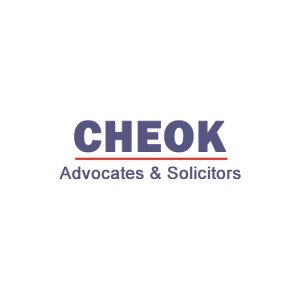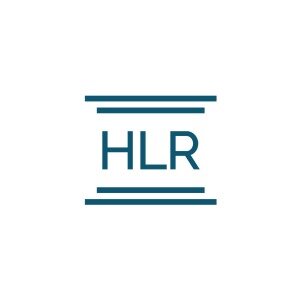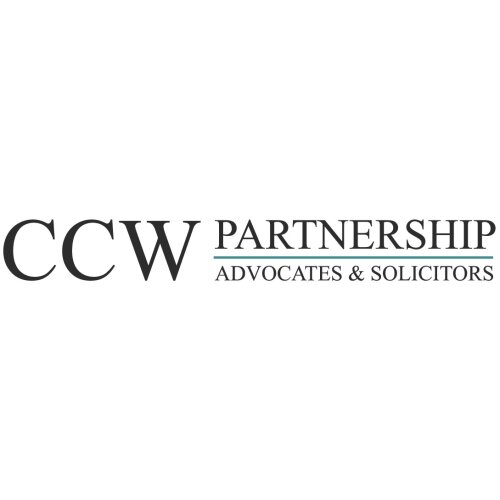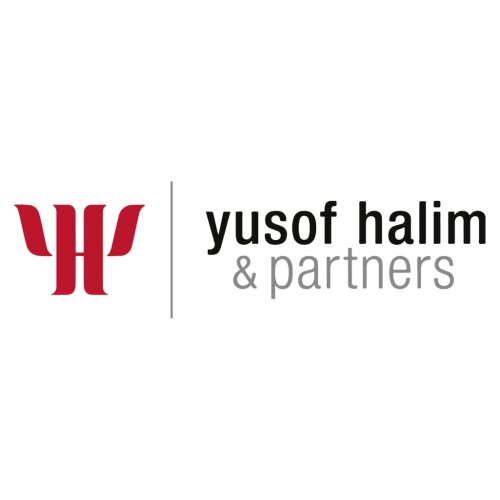Best Mining Law Lawyers in Brunei
Share your needs with us, get contacted by law firms.
Free. Takes 2 min.
Or refine your search by selecting a city:
List of the best lawyers in Brunei
About Mining Law in Brunei
Mining Law in Brunei governs the exploration, extraction, and management of mineral and mining resources within the country. As a resource-rich nation with a significant focus on oil, gas, and other minerals, Brunei has established a structured legal framework to regulate mining activities, ensure compliance with environmental standards, and protect the rights of the state and private entities. The relevant laws provide guidelines for obtaining mining rights, operational conduct, health and safety protocols, as well as the conservation and rehabilitation of mining sites.
Why You May Need a Lawyer
Mining Law in Brunei involves complex regulations and procedures that can be challenging for individuals and businesses to navigate without professional help. You may need a lawyer in the following situations:
- Obtaining the necessary permits and licenses for mining or exploration
- Negotiating land access or mineral rights with private landowners or the government
- Dealing with disputes over boundaries, ownership, or compensation related to mining activities
- Ensuring compliance with environmental and safety standards
- Drafting or reviewing contracts related to mining operations, partnerships, or joint ventures
- Responding to regulatory investigations or enforcement actions
- Understanding the tax implications of mining operations
- Advising on closure and rehabilitation obligations once mining activities cease
Local Laws Overview
Mining operations in Brunei are primarily governed by the Mining Act (Cap 42) and its associated regulations. Some minerals, such as oil and gas, are further regulated under specific legislation such as the Petroleum Mining Act. Key features of Brunei's Mining Law include:
- All mineral resources are owned by the state, and activities require official concessions or licenses
- Different permits are required for prospecting, exploration, and extraction
- Regulations mandate strict health, safety, and environmental protection measures
- Financial assurances or bonds may be required to guarantee site rehabilitation
- Detailed procedures exist for dispute resolution and appeals regarding mining decisions
- Foreign investment is subject to government assessment and control
Compliance with these laws is crucial, as violations can result in severe penalties, including fines, loss of licenses, or criminal charges.
Frequently Asked Questions
What minerals are covered under Brunei's Mining Law?
Brunei's Mining Law covers a wide range of minerals, including precious metals, industrial minerals, coal, and construction materials. Oil and gas have their own specific regulations.
Do I need a license to conduct mining exploration?
Yes, any individual or company intending to conduct mining exploration or extraction must first obtain the appropriate license from the government.
How can I apply for a mining license in Brunei?
Applications are submitted to the relevant authority, often the Department of Mines or Ministry of Energy. The process involves submitting technical, financial, and environmental plans for review.
Can foreign entities own or operate a mining company in Brunei?
Foreign participation is permitted but subject to strict regulatory oversight and often requires joint ventures with local or state-owned entities.
What are the main environmental obligations for miners?
Miners must comply with environmental assessments, implement measures to prevent pollution, and rehabilitate land disturbed by mining activities.
What happens if I operate without a mining license?
Operating without a valid license is a serious offense that can result in heavy fines, confiscation of equipment, and even criminal prosecution.
How are disputes in mining resolved?
Disputes may be addressed through administrative appeal processes or resolved in local courts, depending on the nature of the issue.
Are there specific safety regulations for mining in Brunei?
Yes, mining companies must adhere to safety standards covering equipment, worker protection, training, and emergency response.
What taxes or royalties apply to mining operations?
Mining operations are subject to government royalties and taxes, the rates of which depend on the mineral resource and the terms of the license agreement.
What is mine site rehabilitation, and who is responsible?
Mine site rehabilitation involves restoring land after mining operations end. The mining license holder is responsible for this, and financial guarantees may be required to ensure compliance.
Additional Resources
If you need more information or assistance, consider reaching out to the following:
- Department of Mines, Brunei Darussalam
- Ministry of Energy, Brunei Darussalam
- Attorney General's Chambers, Brunei
- Brunei Darussalam National Chamber of Commerce and Industry
- Environmental Protection organizations in Brunei
These bodies can provide guidance, official forms, and up-to-date regulatory information relevant to Mining Law in Brunei.
Next Steps
If you require legal assistance in Mining Law, start by identifying your specific needs. Gather all documents related to your mining operations, including previous licenses, correspondence, contracts, and maps. Next, consult a qualified lawyer who specializes in Brunei's Mining Law. They can provide tailored advice, help with applications or disputes, and guide you through compliance requirements. Contacting the relevant government department for initial guidance can also be helpful. Acting promptly ensures you protect your rights and adhere to all legal obligations.
Lawzana helps you find the best lawyers and law firms in Brunei through a curated and pre-screened list of qualified legal professionals. Our platform offers rankings and detailed profiles of attorneys and law firms, allowing you to compare based on practice areas, including Mining Law, experience, and client feedback.
Each profile includes a description of the firm's areas of practice, client reviews, team members and partners, year of establishment, spoken languages, office locations, contact information, social media presence, and any published articles or resources. Most firms on our platform speak English and are experienced in both local and international legal matters.
Get a quote from top-rated law firms in Brunei — quickly, securely, and without unnecessary hassle.
Disclaimer:
The information provided on this page is for general informational purposes only and does not constitute legal advice. While we strive to ensure the accuracy and relevance of the content, legal information may change over time, and interpretations of the law can vary. You should always consult with a qualified legal professional for advice specific to your situation.
We disclaim all liability for actions taken or not taken based on the content of this page. If you believe any information is incorrect or outdated, please contact us, and we will review and update it where appropriate.
Browse mining law law firms by city in Brunei
Refine your search by selecting a city.














